Counting calories is a thing that lots of people do and have questions about. So the five editors on the BuzzFeed Health team did it for a week so we could give real, honest, uncensored advice for anyone considering it.
1. First, know that calorie counting isn’t for everyone.


Focusing this closely on your eating habits can be stressful, exhausting, and even unhealthy for some people, especially if you have a history of disordered eating. So we talked to Mary Pritchard, Ph.D., creator of the 30 Days to Body Love program, about some signs that you probably shouldn't count calories:
• You have a history of disordered eating, or attaching your own self-worth or confidence to your eating habits.
• You're doing it with the intention of restricting yourself to an exact number of calories as "punishment" for eating too much.
• You're prone to getting obsessive or competitive in other areas of your life, even if they have nothing to do with fitness or nutrition.
If any of these sound familiar, or if you just have a gut feeling that you may not react well to monitoring your meals this closely, trust your instincts and talk to a doctor or nutritionist before you take the next step.
2. But there are also lots of benefits to counting calories.
3. Start with a plan for how long you’ll do this and what you hope to get out of it.


"You can usually get a good picture of your intake by doing it three days a week, including one weekend day, since you eat a lot differently then," says Omar. So start there if your goal is just to look for patterns in your daily eating or to figure out how many calories you're typically eating. If your goal is to use calorie counting as a tool to change your eating habits, talk to a nutritionist to come up with a timeline.
4. If you want to lose weight, counting calories alone may not do that.
5. It's a lot harder than just reading nutrition labels.
6. Remember: Just because something is low in calories, that doesn't mean it's good for you.
7. Download a calorie-counting app immediately.


A few of the nutritionists we talked to suggested the MyFitnessPal app, which was intuitive and helpful...most of the time. It was less helpful any time we ate at a non-chain restaurant without calorie info or had something super random. Sadly, MyFitnessPal does not recognize mac and cheese spring rolls from a bar down the street.
Most of the app's entries come from the USDA or specific brands and restaurants, but some are user submitted, so there's no guarantee it's legit. There can also be a crazy variety in the calories or sizes for some items, so you have to do a little guesswork to pick the one you think is most accurate.
8. But be prepared to use other sources, too.
9. If you cook a lot, look for food blogs that already have the nutrition info.
10. Buy measuring cups and spoons — and actually use them.


Calorie info is based on serving sizes, so you need to actually know what a serving size is and how many you're eating. We dusted off our measuring cups and spoons and used them for everything from olive oil to cereal.
It's slightly less practical (and kinda weird) to use measuring cups in public situations, but if you use them regularly at home, you might start to get used to seeing what a cup of vegetables, meat, and grains looks like on your plate. And that should help you make better estimates when you're out and faced with a giant-size plate of pasta carbonara.
11. Packaged foods will be easier to track — but don’t let that steer you away from whole foods.


You will definitely be tempted to grab a packaged, processed dinner with a nutrition label over a made-from-scratch meal that you'd have to calculate every damn calorie in. We were, and we did, often. But if your goal is to eat healthier, try not to do that. Even if it's a low-calorie option, lots of those calories come from added fat, sugar, salt, and a whole list of other weird ingredients, says Ryan Andrews, R.D., coach at Precision Nutrition in Toronto.
Remember that cooking your own whole foods will often be a lot healthier in terms of nutrients — and maybe even calories — so don't avoid that just because it'll take a little more time to look up the calorie info.
13. If you track calories through an app, you might also learn that you’re eating a shit ton of sodium, fat, or sugar.
14. Remember: Alcohol has calories.
15. And most condiments have calories, too.
16. Don't forget to log all the little things you "just took a bite of."
17. To get a truly realistic portrait of your caloric intake, you have to hold yourself accountable.
18. But let yourself take a break every now and then if you need it. Then get back to logging tomorrow.
19. Keep an eye out for signs that you're getting at all anxious about tracking or developing an unhealthy relationship with food.
20. Know when to stop, and have an exit plan to help you readjust to eating without tracking.
So after the five members of the BuzzFeed Health team counted calories for a week, here are our final thoughts on this whole thing:
